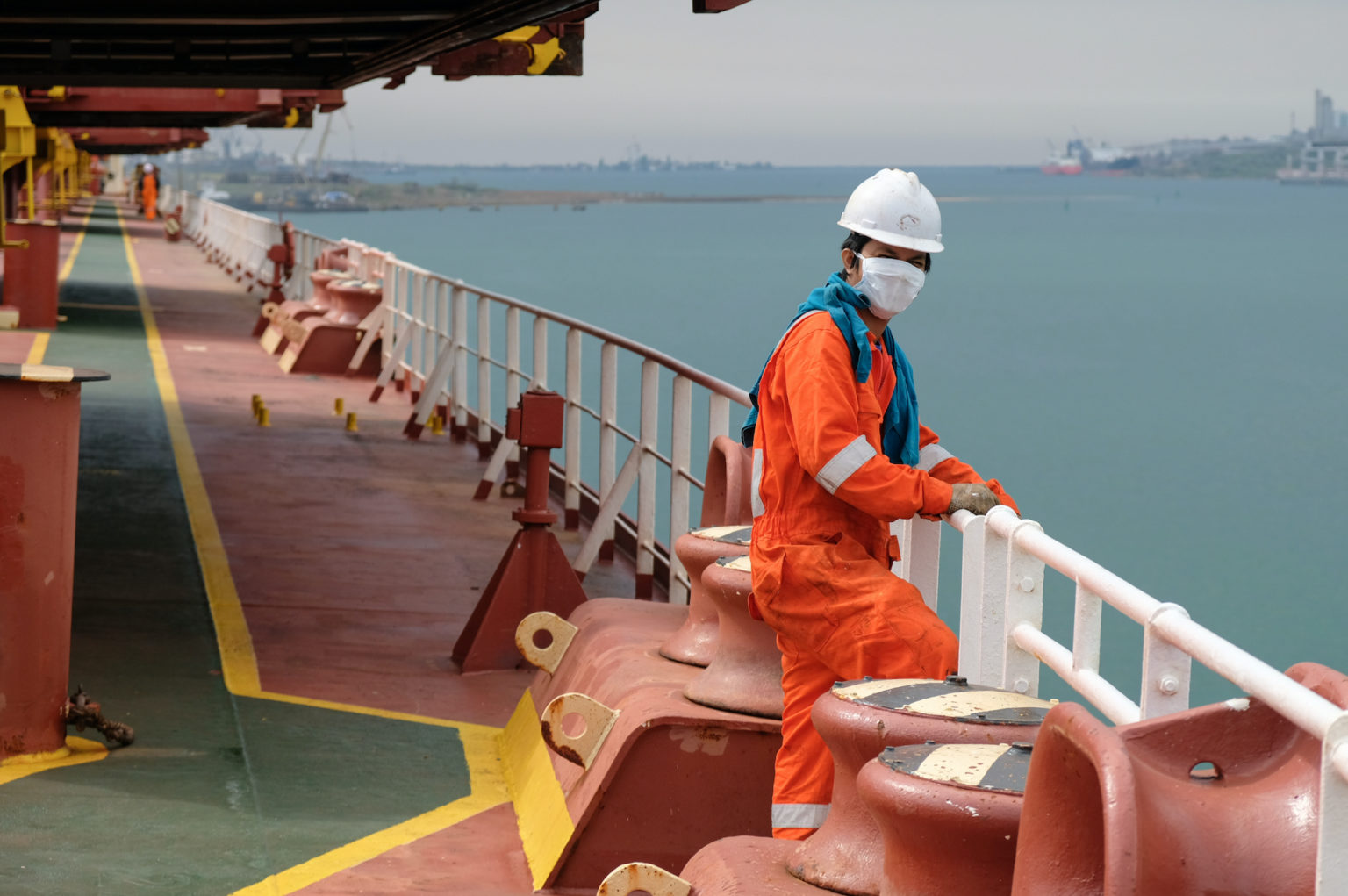 Michael Grey*
Michael Grey*
When I was at sea, or afterwards, in shore-side employment, nobody ever asked me whether I was happy. If this unexpected inquiry had been made, I would have been instantly suspicious, anticipating that this was a preliminary to some unwanted bad news. It probably was inculcated very early on – during my first trip I was trained always to walk about the ship briskly (never sauntering) and if possible, carrying a spanner or a bucket, as if on an urgent mission, to demonstrate to any passing officer one’s unavailability for further employment. It is not a bad tip for life in general, I have found.
But happiness – surely it is a relative state of mind, which has always made the Seafarers’ Happiness Index, which evolved some years ago as an initiative of the Mission to Seafarers and the Standard P&I Club, an object of personal fascination.
It has been carefully thought through, taking the measure of severely practical matters that make a seafarer’s life better or worse and has refrained from anything resembling a sociological study. And without going too deeply into the methodology, the product of a measurable index tells employers, recruiters and seafarers themselves something about what seafarers are thinking, at a moment in time, which can be easily compared with previous indices.
You probably didn’t need an index or even to ask questions about what the workforce was feeling throughout the pandemic, when everything was at a low ebb, with no shore leave, no reliefs or even the prospect of the voyage ending and getting either home or away. Last year, unsurprisingly, things were much better, the index rose substantially although I wondered whether from such a low ebb, we maybe should not have read too much into this apparent improvement.
The latest index, by comparison, was disappointingly down again, which one would like to think was just something of a return to more normal (and modest) expectations, although there were suggestions that some employers might have lost a bit of interest in improving their employees’ lot.
It also seems obvious that there are still far too many restrictions on shore leave and access to ships which have been retained by port and terminal authorities, as they have found that they rather like the convenience of just saying “no” that they learned during the pandemic and just don’t want to reinstate previous and more liberal arrangements. That is something that really ought to be robustly confronted. A bit of naming and shaming would be quite a useful strategy. It would be also helpful if some agency could bring itself to rate ports for their general pleasantness for the crews of visiting ships.
As leopards do not change their spots, it might be asking too much for any improvement in some awful places, but at least it might give people going to unfamiliar ports some advance warning. You probably cannot publish such a rating in the sailing directions, but social media might be useful in this respect.
Seafarers have fundamentally reasonable demands
Seafarers today are not asking for the earth. It is not unreasonable to be presented with proper contracts, paid on time and relieved when the contract period has elapsed. These days, when good communications are readily available and getting more affordable all the time, they should be able to easily and regularly be in communication with their homes. As for shore leave, they know that ships never stop work, but a brief excursion to the shops should not be out of the question.
Does the employer show that the workforce is valued by the provision of good food and accommodation that is better that the sort of institutionalised offering that will emerge from shipyards, without somebody being interested enough to improve it? It does make a difference if that is the case.
All too often you get the impression that the requirements of the crew are a complete afterthought that will result in insufficient space, inconvenience, or very uncomfortable accommodation in the eyes of the ship, being used as a breakwater or perched aft of the stern frame, in a vibrating tower block without a square metre of open deck space.
It is also quite clear from what seafarers say, that on most ships at sea today, there are barely enough bodies to cope with the routine operations, let alone any emergencies. A couple of more crew members would obviously make people a lot happier. It is also obvious that “attitudes” matter, in the way that the ship’s people are treated by folk who march aboard in port, or communicate with them by email from ashore. The “we fail to understand” message from the office needs to adopt a more considerate and conciliatory tone! That would be a help toward happiness.
*Michael Grey is former editor of Lloyd’s List. This commentary is published with the kind permission of The Maritime Advocate.
(Shutterstock photo)





